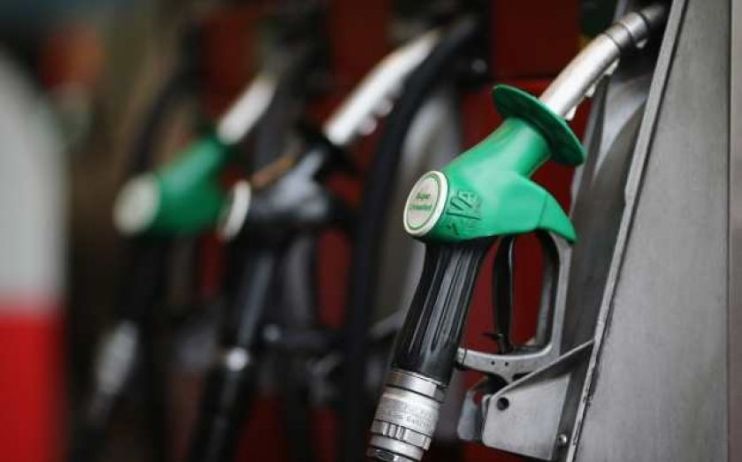RAC warns petrol retailers to not “contribute further” to pump price crisis

RAC has accused petrol retailers of taking “a bigger cut” on petrol, after prices at the pumps rose to a nine-year high.
The motoring group urges them not to “contribute further” to the soaring prices which have now breached 141p per litre for petrol and 144p for diesel.
This is close to the record tallies of 142p for petrol and 148p for diesel set in April 2012.
RAC fuel spokesman Simon Williams told City A.M. that while taxes and rising wholesale costs are the primary factors in the current crisis, petrol retailers were also responsible for the rise in prices.
He said, “Retailers are also taking a bigger cut on petrol than they normally do at around 8p a litre which is a further blow to drivers, particularly as VAT is charged at 20 per cent on top of this and the other increases.”
They also called for the government to temporarily reduce VAT rates, but did not support cutting the 58p fuel duty rate as they feared it “could be absorbed by retailers, leaving drivers paying much the same price.”
The AA echoed this perspective, arguing that for petrol and diesel prices to be flirting with established records, pump prices are increasing above the rate of rising wholesale costs.
Speaking to City A.M, an AA fuel spokesperson explained, “From the summer to the beginning of October, the wholesale price of petrol has gone up 5p a litre, or 6p with VAT. But the average price of petrol needs to go up 7.5p (from the 135p summer level) to beat the record (142.48p). Someone in the fuel trade, whether retailer or supplier, is pumping up the cost of petrol and talking up the price to hide the extra profit.”
Brian Madderson, chairman of the Petrol Retailers Association, pushed back against these claims.
He said that current average pump prices across the UK are being softened by some of the largest retailers, who typically benefit from a three or even four-week lag to their delivered fuel prices.
Madderson believed that the primary reason for the sharlply increasing petrol pump prices is “the rise and rise of crude oil costs”, which recently hit $85 a barrel for Brent Crude oil.
He explained: “This involves more than a 50% increase since January 2021 and has been caused by a cutback in production from OPEC countries and Russia at the same time as the global economies are staging a rapid economic turnround from the global pandemic.”
The chairman also gloomily predicted that petrol and diesel prices would breach record levels by the end of October, amid increasing speculation that oil price could rises to $100 a barrel by Christmas.